“Nurture
your mind with great thoughts – to believe in the heroic makes heroes.”
–
Disraeli, 1804 - 1881
 |
| Albus Dumbledore |
So
said Disraeli, yet looking around the Fantasy ’verse these days, one could be
forgiven for thinking that sort of notion decidedly out-of-date, if not
downright misguided. After all, we’re too savvy for that sort of thinking these
days, right? We heart the Age of Grimdark where the wise guide, like Dumbledore
in Harry Potter, may turn out to
have feet of clay – and anti-heroes, if not outright villains, are preferred
protagonists.
 |
| John Sheridan |
“But
‘realism,’” you may say. “And besides, protagonists from the dark side are so
much more interesting.” At which
point I reply, “Hold on, is that really true?” Faramir in The Lord of the Rings, Aerin in Robin McKinley's The Hero and the Crown, John Sheridan
in the TV series Babylon-5, John
Aversin in Barbara Hambly's Dragonsbane,
Pyanfar Chanur in CJ Cherryh's Chanur
series – I'm not game to call any of them "uninteresting."
 |
| Pyanfar Chanur |
All these characters have the opportunity to do what
is expedient, but instead choose to pursue a course based on notions of duty,
service, and higher good, rather than personal convenience or gain. They keep
their eyes on a larger horizon, rather than focusing on the dirt at their feet,
or the fact that – being human, or its alien equivalent – they will inevitably
have tripped up at some point or other.
It’s this "humanity" that makes characters
interesting. But it’s undertaking the difficult or outright terrifying task
because it’s (oh, dear!) the right thing to do – whether it's John Aversin
fighting a dragon he's unlikely to be able to defeat, or Pyanfar Chanur
refusing to trade in sentient beings – that makes the protagonist a hero.
 |
| Harriet Tubman |
As
for realism – is that really the
whole truth, either? Despite many examples of venal and self-serving human behaviour throughout history, we also have a
Jordan Rice who told rescuers to “save his brother first”, a Paul
Rusesabagina in Rwanda, a Malala Yousafzai and a Harriet Tubman, a Nicholas
Winton and an Elizabeth Fry.
So
while there is undoubtedly a place for “all sorts and conditions” of
protagonists, there still needs to be a place for the hero. Otherwise, in
holding up only the dark, self-serving,
and even downright evil in fiction’s mirror, we risk nurturing that
picture as the only reality. Food for thought, at least.
---
Helen Lowe is a novelist, poet, interviewer and blogger whose first novel, Thornspell (Knopf), was published to critical praise in 2008. Her second, The Heir of Night (The Wall Of Night Series, Book One) won the Gemmell Morningstar Award 2012. The sequel, The Gathering Of The Lost, was shortlisted for the Gemmell Legend Award in 2013. Daughter Of Blood, (The Wall Of Night, Book Three) was published this year. Helen posts regularly on her “…on Anything, Really” blog and is also on Twitter: @helenl0we


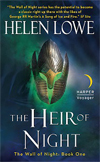
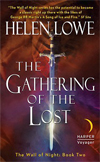
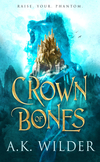
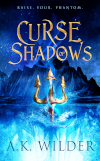
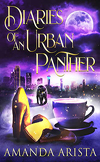
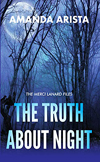

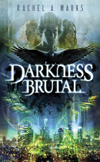
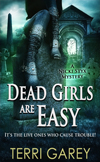
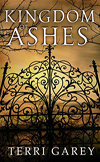
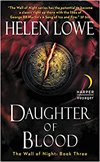
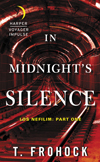
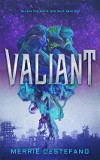
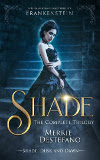

No comments:
Post a Comment